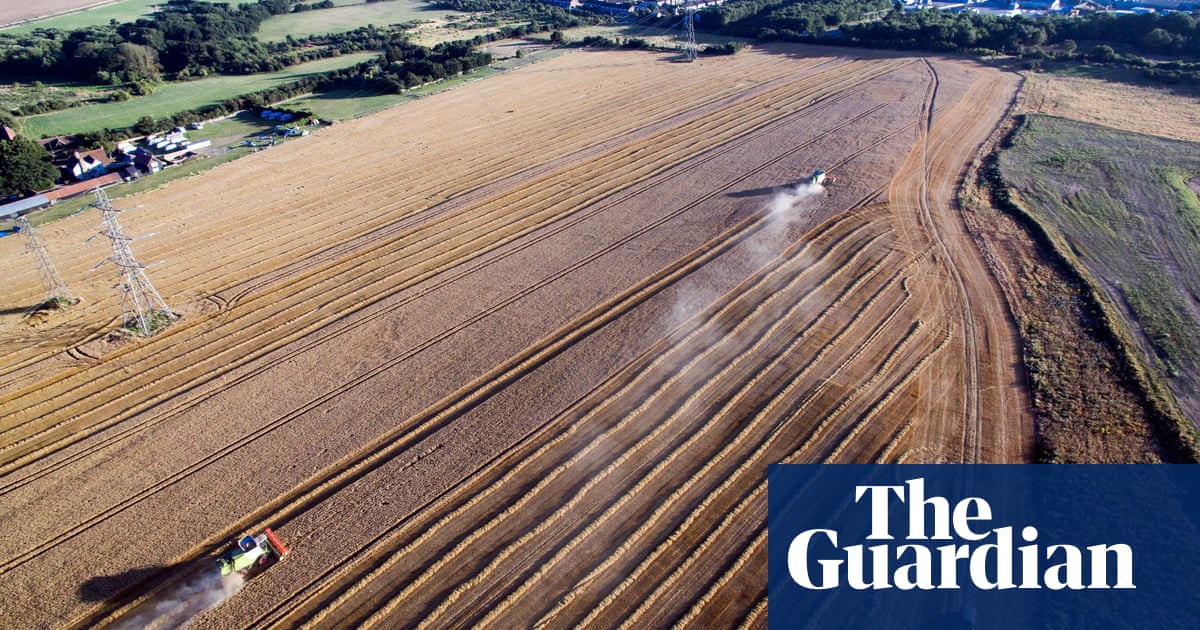
After pressure from the National Farmers’ Union, the UK government has reduced its energy efficiency goals for farmers.
The DESNZ suggested a goal of increasing energy efficiency by 40.9% in the horticulture sector and by 12% in the poultry sector to decrease the farming industry’s carbon emissions and decrease the use of fossil fuels for heating greenhouses and sheds.
The government has lowered the targets for horticulture to 13% and poultry to 10%. Experts caution that this decision will ultimately result in higher costs for growers due to increased energy expenses.
According to Lydia Collas, a senior policy analyst at Green Alliance, reducing energy efficiency goals for horticulture will not significantly benefit struggling growers. Many chose not to plant last year due to expensive energy prices that would not cover their costs. With less assistance in reducing energy consumption, their expenses will remain high along with their emissions. This could harm the overall competitiveness of UK horticulture and encourage the import of goods.
Activists in the agriculture industry are rejoicing over the revised objectives, though they are now being labeled as “sustainable energy methods”.
Tom Bradshaw, the deputy president of the NFU, stated that the updated targets are a result of successful teamwork and a dedication to sustainable energy practices. He believes that the targets are now reasonable and attainable for the horticulture and poultry businesses participating in the scheme.
The energy efficiency targets are voluntary and part of the climate change agreement scheme, which is an agreement between UK industry and the Environment Agency to reduce energy use and carbon dioxide emissions. In return, those who contribute to the scheme receive a discount on the climate change levy, a tax added to electricity and fuel bills.
According to Tim Crocker, the managing director of NFU Energy, this is a major win for horticulture and poultry businesses involved in the climate change agreement scheme. Through cooperation with members and the NFU, we were able to effectively advocate for adjusted reduction targets that acknowledge the difficulties faced by businesses in the previous target period. NFU Energy would like to thank all those who contributed to this accomplishment.
Approximately 10% of the United Kingdom’s overall greenhouse gas emissions originate from the agricultural sector.
A representative from DESNZ stated that their climate change pacts, which are supported by £300 million annually, assist over 2,500 companies in enhancing their energy efficiency and cutting long-term costs. Modifying initial goals has always been a component of the program in order to maintain ambitious targets and account for any unexpected obstacles. Earlier this year, the scheme was extended to provide relief for various businesses facing rising energy expenses.
Source: theguardian.com


